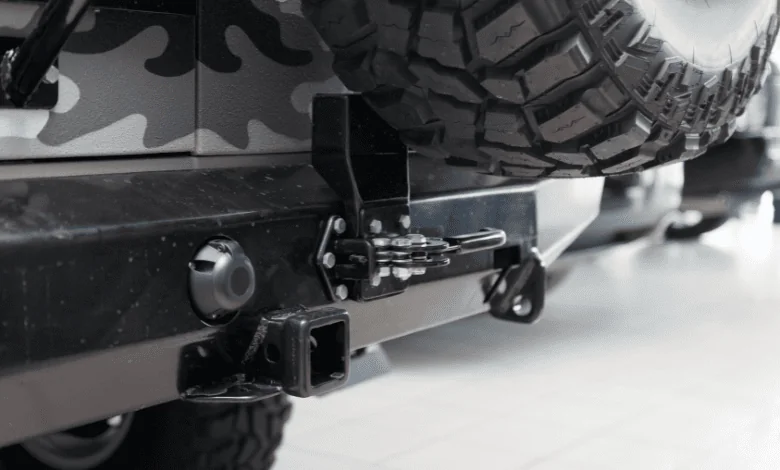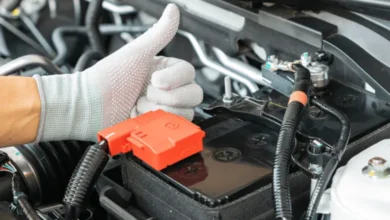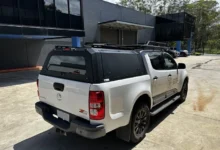The Essential Guide to Choosing the Right Hitch for Your Towing Needs

When it comes to towing, the right equipment is crucial for both safety and convenience. Whether hauling a horse trailer, a boat, or heavy construction equipment, having a reliable hitch can make all the difference. In this guide, we’ll explore the key factors to consider when selecting a hitch for your vehicle, ensuring you can confidently tow.
Understanding Hitch Types
Before diving into the specifics, it’s important to understand the different types of hitches available. Here are the most common ones:
- Bumper Pull Hitches: These are attached directly to the vehicle’s bumper and are suitable for lighter loads.
- Receiver Hitches: Mounted to the vehicle’s frame, these hitches come in various classes to match the weight of the load.
- 5th Wheel Hitches: These are designed for heavy-duty towing and are mounted in the bed of a pickup truck.
- Gooseneck Hitches: Similar to 5th wheel hitches but offer a tighter turning radius, ideal for agricultural or industrial use.
Key Considerations When Choosing a Hitch
When selecting a hitch, there are several factors you need to consider:
Towing Capacity
Your vehicle’s towing capacity is the maximum weight it can safely tow. Exceeding this limit can lead to accidents or damage to your vehicle. Always check your vehicle’s owner’s manual for the manufacturer’s recommended towing capacity.
Hitch Class
Hitches are categorized into classes based on their towing capacity:
- Class I: Up to 2,000 lbs
- Class II: 2,001 – 3,500 lbs
- Class III: 3,501 – 5,000 lbs
- Class IV: 5,001 – 10,000 lbs
- Class V: 10,001 lbs and up
Compatibility
Ensure the hitch you choose is compatible with your vehicle’s make and model. Some hitches require specific mounting hardware or may not fit certain vehicles.
Ease of Use
Consider how often you’ll be connecting and disconnecting your trailer. A hitch that’s easy to use can save time and hassle.
Safety Features
Look for hitches with safety features like locking mechanisms and sturdy construction to prevent accidents and ensure a secure connection.
Popular Hitch Options
Here’s a quick list of popular hitch options and their best uses:
- Bumper Pull Hitch: Best for small trailers and light loads.
- Receiver Hitch: Versatile, suitable for a range of trailers and loads.
- 5th Wheel Hitch: Ideal for large RVs and heavy trailers.
- Gooseneck Hitch: Perfect for industrial, agricultural, or large horse trailers.
Installation and Maintenance
Proper installation and maintenance are key to the longevity and safety of your hitch. Always have your hitch installed by a professional and perform regular inspections to check for wear and tear.
Final Thoughts
Choosing the right hitch is essential for safe and efficient towing. By considering the factors outlined in this guide, you can select a hitch that meets your needs and provides peace of mind while on the road.
For those in need of a reliable gooseneck hitch, the B&W gooseneck hitch stands out as a top choice, offering durability and ease of use for a variety of towing situations.
Remember, safety should always be your top priority when towing. With the right hitch, you can tow confidently, knowing that your load is secure.






